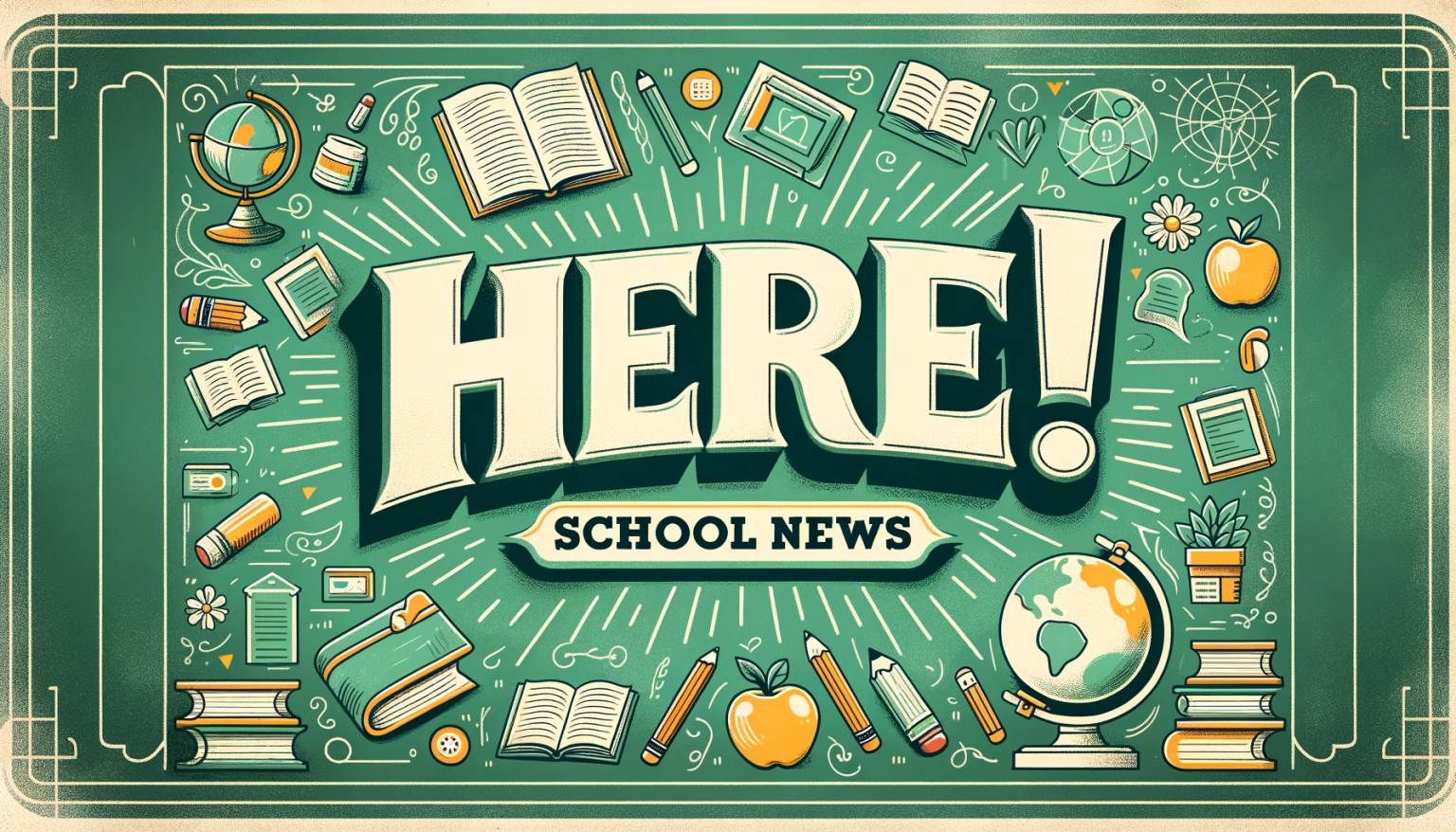Charleston Faces New Educational Regulations on Book Accessibility
Charleston, S.C. — A new regulation from the South Carolina Department of Education has imposed restrictions on the availability of certain books and educational materials in public schools. This law centralizes control over educational resources, placing the South Carolina Board of Education at the helm of approval, instead of leaving those decisions to individual school districts.
Set to be implemented statewide, the regulation aims to ensure uniformity across all public schools in South Carolina. Officials state that the goal is not censorship but maintaining a standard for age-appropriate material. However, to continue receiving state funding, each school district must comply with these new guidelines.
New Requirements for Schools
All books in the Charleston County School District are now required to be approved as age-appropriate by the school board. Specifically, any book containing descriptions or visuals regarding sexual content will not be permitted for any age group.
“The expectation within this regulation expects for classroom inventories, classroom libraries and instructional materials,” said Dr. Luke Clamp, deputy superintendent of the Charleston County School District. He added that schools must also create a list of these materials that can be available to parents upon request.
Concerns Over Censorship
Critics are raising concerns that the lack of a clear definition of what constitutes age-appropriate material may lead to excessive censorship and potential book banning. High school student, Ella Smyth, attending the Charleston County School of the Arts, voiced her apprehension, stating, “Librarians and teachers have always had our best interests in mind when they put these books into our hands.” She believes that the new restrictions could hinder educational opportunities and limit exposure to challenging literature.
As a sophomore, Smyth argues that reading complex books plays a vital role in her education. “With these new regulations,” she continued, “they’re sort of forced to take them out of our hands.” She expressed frustration over what she perceives as a lack of consideration for students’ and teachers’ perspectives in the decision-making process.
Implementation Challenges
Charleston County School District officials are navigating the new regulation with a focus on balancing compliance and educational integrity. “There is language in the regulation that really challenges school systems to ensure that the level of rigor is not compromised,” Dr. Clamp explained.
The process for parents wishing to request the removal of certain materials has become more complex. Parents must now start with the school principal, proceed to the school board, and ultimately reach out to the state board of education if needed. Despite the potential for challenges, officials have confirmed that no books have been removed from the district in the past two years due to parental requests.
Future Outlook
The implementation of this regulation signals a significant shift in how educational materials are governed in South Carolina’s public schools. While officials assert their commitment to ensuring quality education remains a priority, the path ahead may involve facing pushback from students and educators alike who advocate for a more inclusive approach to educational resources.

























